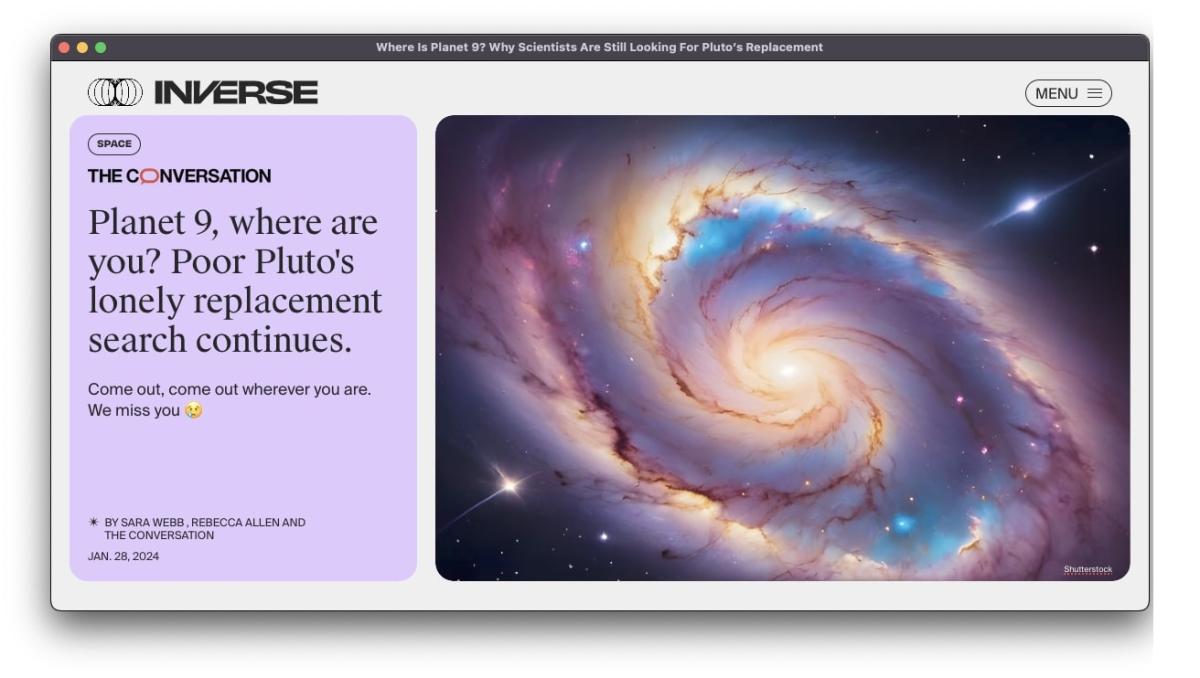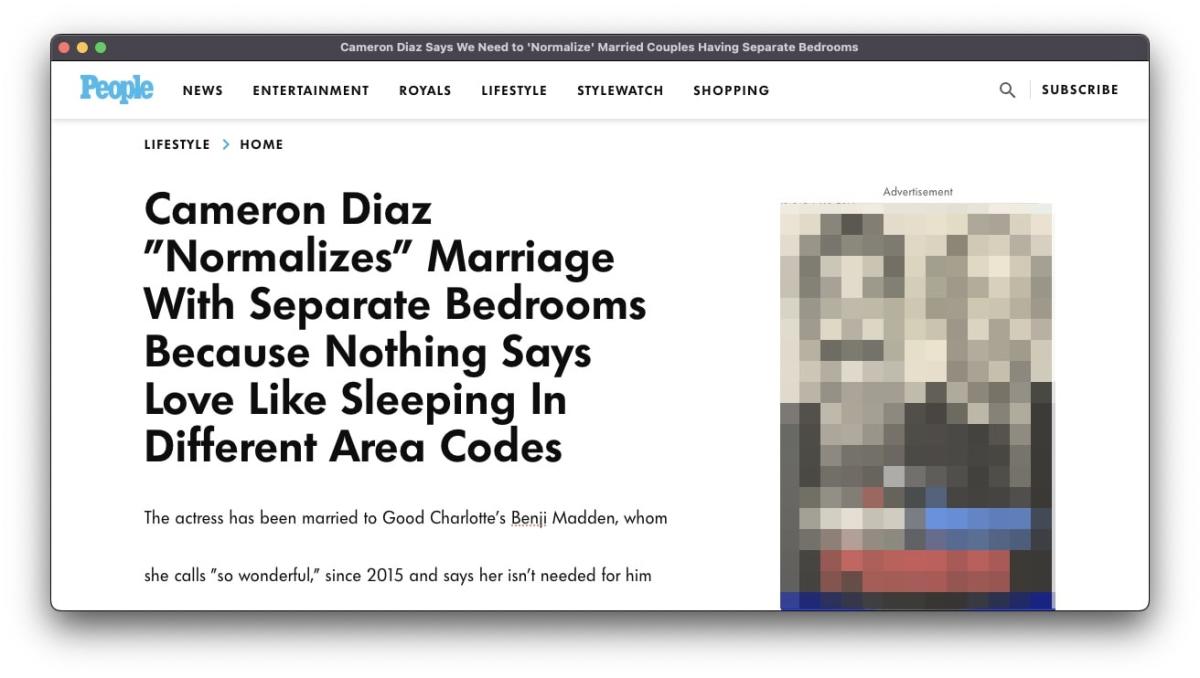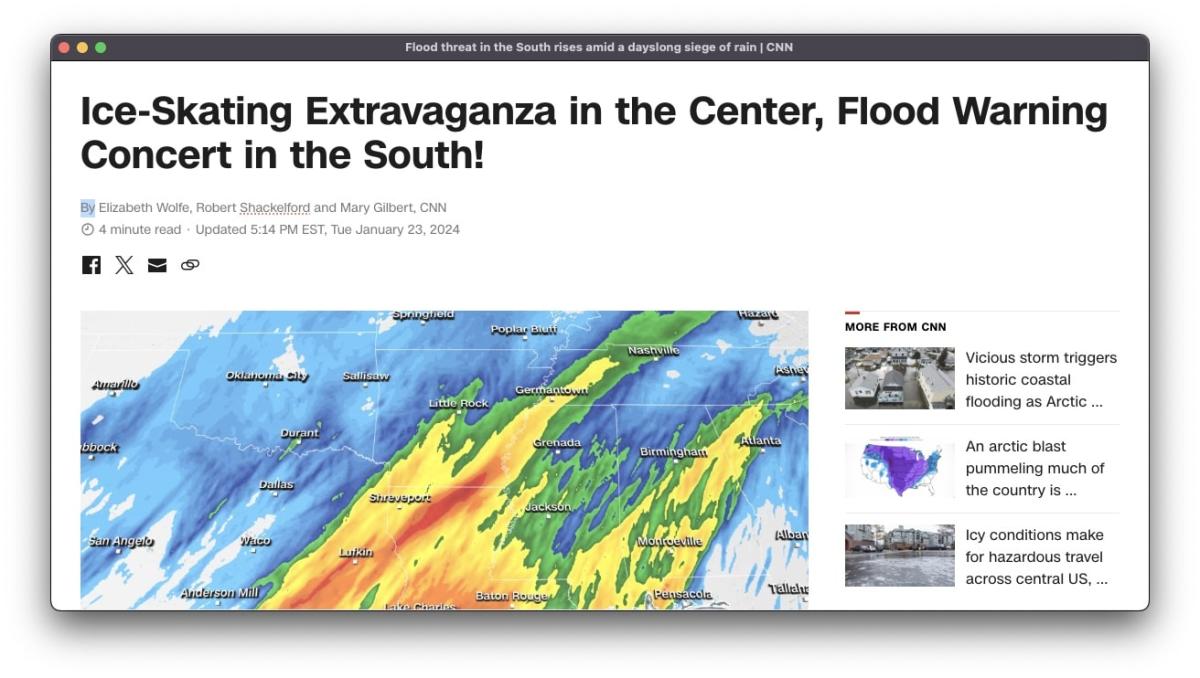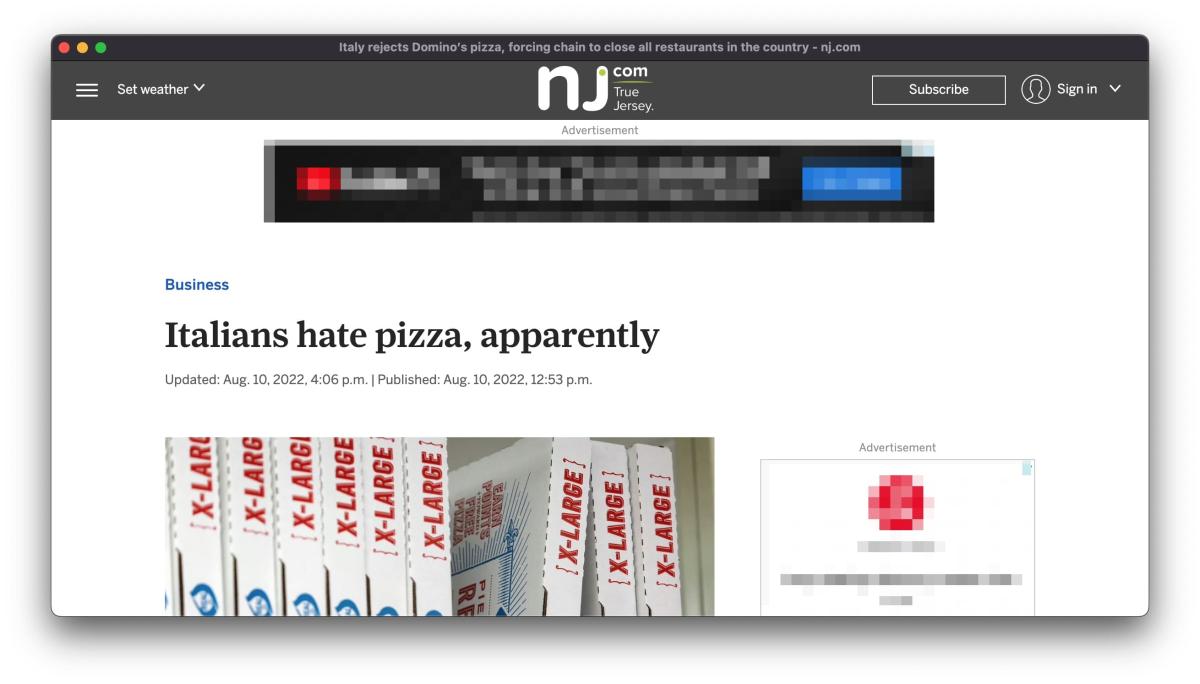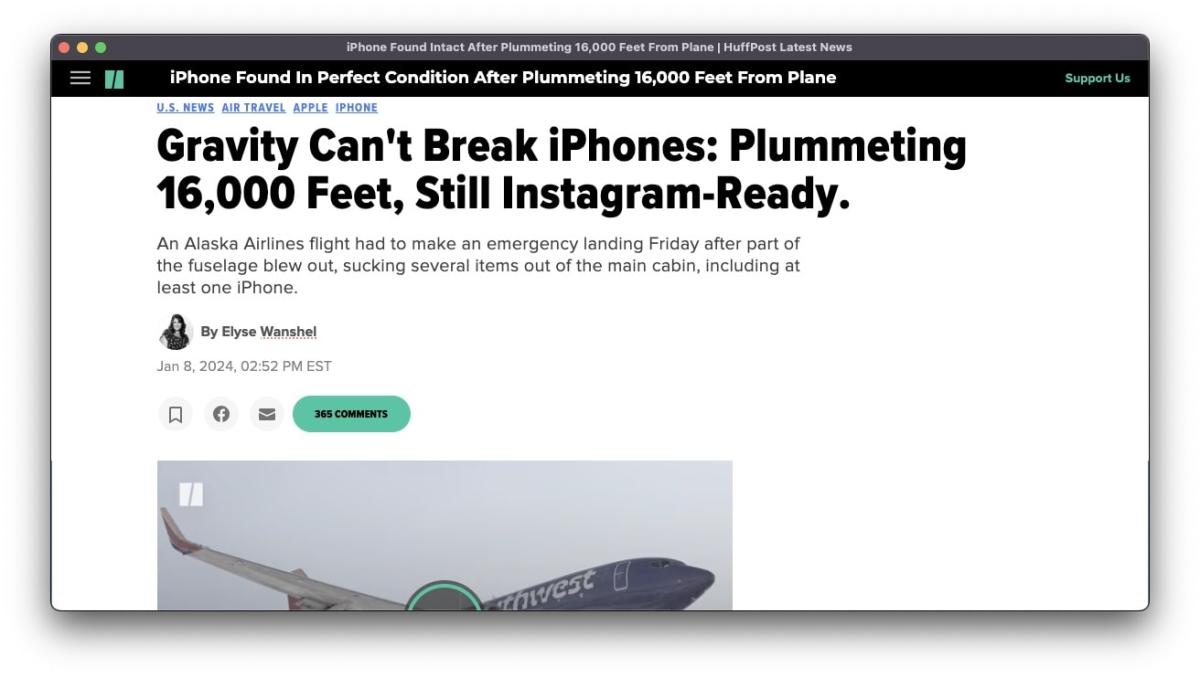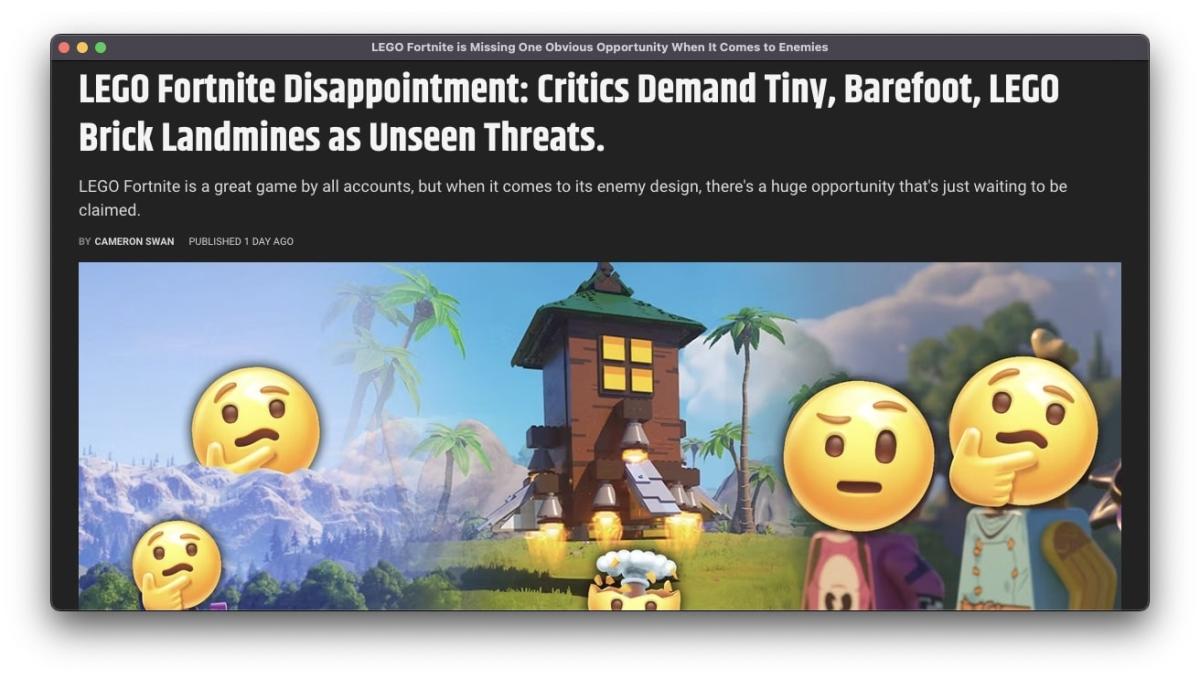Biden's Pardon Parade: Nationwide Rejoices In Reefer Madness
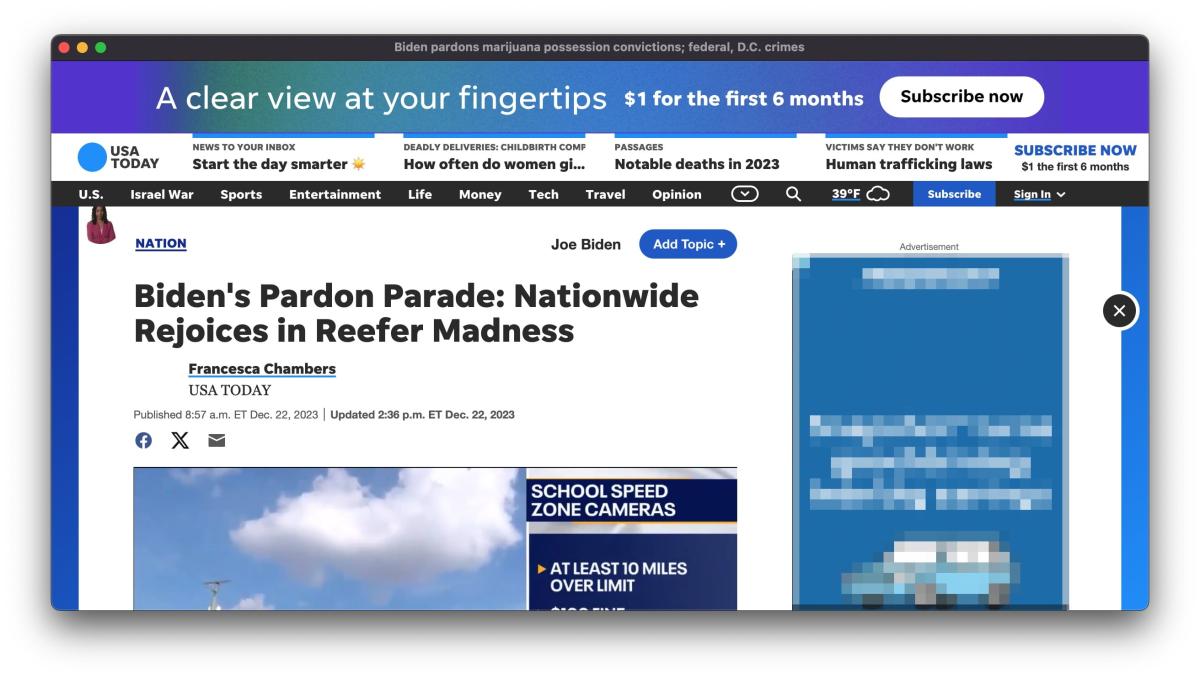
Biden pardons marijuana use nationwide. Here's what that means
In a stunning move, President Biden proves he's tuned in to the nation's real issues. He graciously pardons every American who's ever dabbled in the devil's lettuce – yes, marijuana users, your time has come! This groundbreaking decision, applying even to those who miraculously avoided the long arm of the law, is set to liberate stoners nationwide.
But fear not, aspiring Cheech and Chongs, this Pardon doesn't cover those pesky entrepreneurs who dared to sell the forbidden herb. Apparently, Uncle Sam draws the line at turning a profit on the giggles.
Meanwhile, Biden throws a bone to individuals serving "disproportionately long sentences for nonviolent drug offenses." Because, you know, nothing says "criminal justice reform" like a sprinkle of executive clemency during the holidays.
So, folks, get ready to blaze a trail to your dream job, housing, and education opportunities. President Biden is here to ensure no one's life is upended due to their stellar choices. All this while hoping governors follow his lead in the great nationwide toke fest. Talk about a legacy in the making!
President Joe Biden's recent announcement of a federal pardon for all Americans who have used marijuana in the past has far-reaching implications. The sweeping decision includes those who were never arrested or prosecuted for marijuana use and applies to U.S. citizens, lawful permanent residents, and residents of the District of Columbia. Notably, the pardon does not cover individuals incarcerated for selling marijuana or other related offenses like driving under the influence.
This move by Biden is a continuation of his commitment to marijuana-related reforms, building upon a similar pardon issued last year. The recent proclamation goes further by forgiving all instances of simple marijuana use or possession under federal law, including those who have never faced charges. It also extends to minor marijuana offenses committed on federal property.
The significance of Biden's pardon lies in its potential to remove the barriers imposed by criminal records for marijuana use and possession, which have adversely affected employment, housing, and educational opportunities. However, the pardon does not extend to violations of state law, and individuals seeking proof of clemency must apply through the Department of Justice.
In addition to the marijuana-related pardons, President Biden commuted the sentences of 11 individuals serving disproportionately long sentences for nonviolent drug offenses. These individuals, according to Biden, would receive lesser sentences if charged today. The Congressional Black Caucus praised these actions as a positive step forward in addressing long-standing racial disparities in drug sentencing, particularly regarding crack and powder cocaine.
While organizations like the American Civil Liberties Union commend Biden's actions for correcting past injustices, they emphasize the need for legislative changes to prevent future administrations from reversing these directives. The Biden administration had earlier recommended the rescheduling of marijuana use to a lower offense by the DEA.
The broader context of marijuana legalization is reflected in a Gallup survey where a record 70% of Americans, including a majority of Republicans, expressed support for legalization in October. This issue is particularly popular among liberals, Democrats, and young Americans. Recreational marijuana use is legal in 24 states and the District of Columbia, while medical marijuana is legal in 38 states.
As part of the application process for Biden's program, marijuana users seeking to participate will need to follow procedures set by the Department of Justice to receive a certificate confirming their pardon. The attorney general will review all properly submitted applications for certificates of pardon and issue them to eligible applicants in due course, according to Biden's proclamation.
